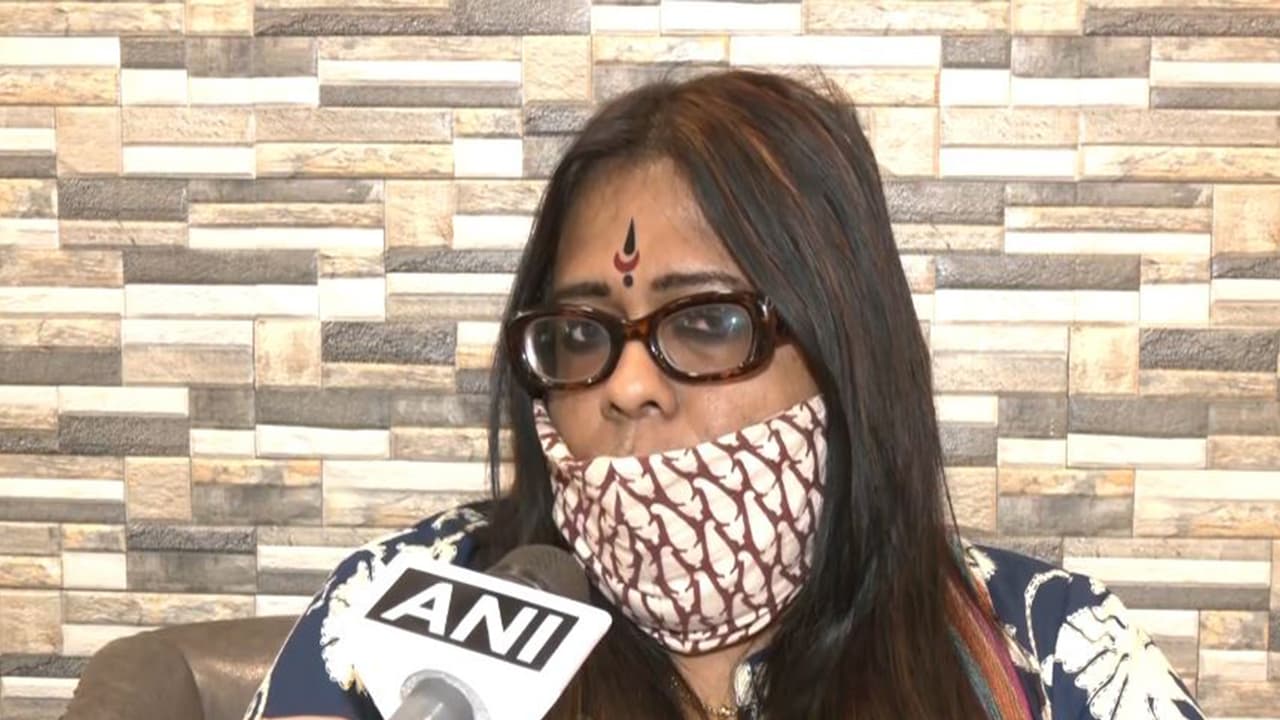Kolkata’s transgender community raises concerns about exclusion from the electoral roll revision due to outdated gender records and social stigma. Activist Ranjita Sinha urges for simplified documentation and support to ensure their participation.
As West Bengal gears up for the Special Intensive Revision (SIR) of electoral rolls, the transgender community has raised concerns over potential exclusion due to outdated gender records, missing documents and deep-rooted social stigma. Transgender activist Ranjita Sinha highlighted the challenges faced by the community and urged authorities to introduce simplified documentation norms and dedicated support, ensuring that every transgender individual can seamlessly update their gender identity and participate fully in the SIR process.
Identity Mismatch a Major Hurdle
Speaking to ANI, Sinha elaborated on the difficulties faced by transgender people in updating their identities and official documents, issues that are further exacerbated by the lack of proper legal recognition. “A major challenge that transgender individuals face in the SIR process is the mismatch between their current gender identity and the gender listed in official documents. Many transgender individuals, who were registered as male or female in the 2002 voter list, have since transitioned but are unable to update their gender and name in government records,” she told ANI.
Sinha pointed out that despite changing their gender identity, their official records continue to reflect outdated information, creating significant hurdles in the enumeration process. She further stressed that family rejection and societal stigma make it difficult for transgender individuals to access essential documents for the SIR process. “The main problem is the identity issue. Many transgender people have their names listed as male or female in the 2002 voter list, but they have since transitioned and changed their gender. However, the official records have not been updated accordingly,” she said.
Societal Stigma and Documentation Woes
She further added that transgender individuals face documentation challenges due to stigma and family rejection, hindering access to essential records for SIR. “Many transgender individuals are not accepted by their families because of the stigma surrounding gender transition. This leads to a lack of documentation, making it difficult for them to complete the SIR process,” Sinha explained.
According to official estimates, approximately 6,000 transgender individuals live in Kolkata, with many more scattered across the state. However, due to societal discrimination and violence, many transgender people remain hidden and are reluctant to come forward to update their details in government records.
Challenges for Vulnerable and Undocumented Individuals
The difficulties faced by transgender individuals are compounded by their limited access to education and employment opportunities. Sinha emphasised the struggles of those who live on the streets or work in the informal economy, as they are often excluded from the SIR process due to their lack of stable residence and formal identification. “We need to think about the transgender people who live on the streets and those who do not have access to education. How can they participate in the SIR process when they have no official records or addresses?” Sinha said.
Sinha emphasised, “The issue is not just local, as many transgender individuals from neighbouring countries, particularly Bangladesh, have also settled in Kolkata, facing additional challenges due to their undocumented status.” She urged the government to provide necessary provisions to ensure that transgender individuals are not left out of the voter list revision.
Calls for an Inclusive Process
While welcoming the SIR initiative aimed at creating an inclusive registry, Sinha emphasised that the process does not fully cater to the unique needs of the transgender community. “The process is good, but more thought should have been given to the transgender community. There should have been provisions in place to address the unique challenges faced by us,” she said.
Sinha recalled the landmark 2014 Supreme Court ruling that recognised transgender individuals as citizens with equal voting rights. She stressed, however, that despite legal recognition, barriers such as lack of documentation and social stigma continue to hinder full participation. “While we have been granted voting rights, the lack of proper documentation and the social stigma attached to being transgender still hinders our ability to fully engage in the democratic process,” she added.
As the SIR process continues to unfold, activists like Sinha are urging authorities to address these challenges and ensure that transgender individuals are not left behind. Their call for inclusive policies and reforms that consider the unique needs of the transgender community remains a key demand as the process moves forward.
TMC to Review Voter Enrolment
Meanwhile, the Trinamool Congress (TMC) is set to hold an internal review meeting on November 24, chaired by party general secretary Abhishek Banerjee, to discuss improvements in various districts and ensure that no eligible voter is left out during the SIR process. (ANI)
(Except for the headline, this story has not been edited by Asianet Newsable English staff and is published from a syndicated feed.)
